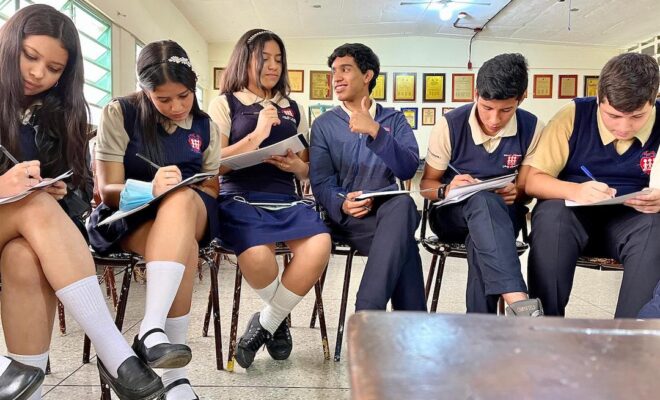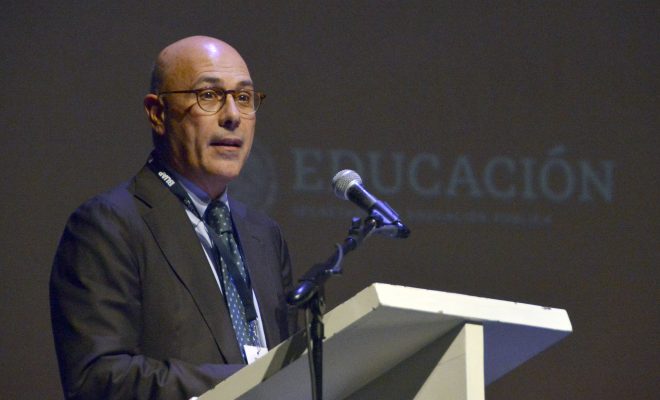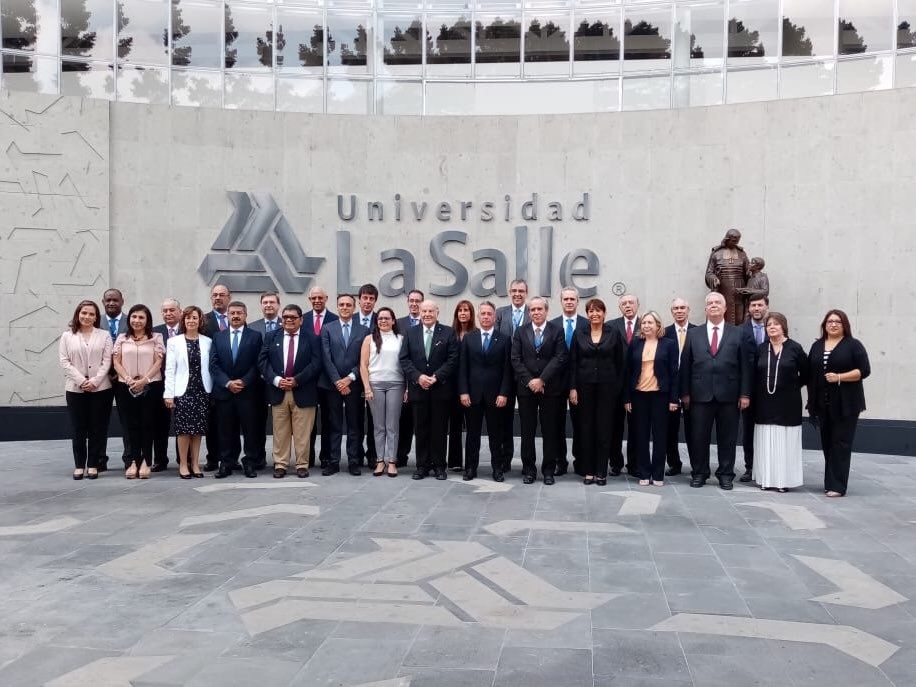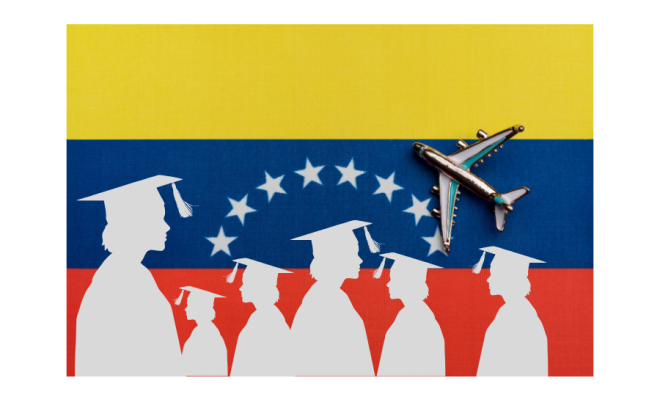HESI Global Forum 2024: A call to action sustainable development
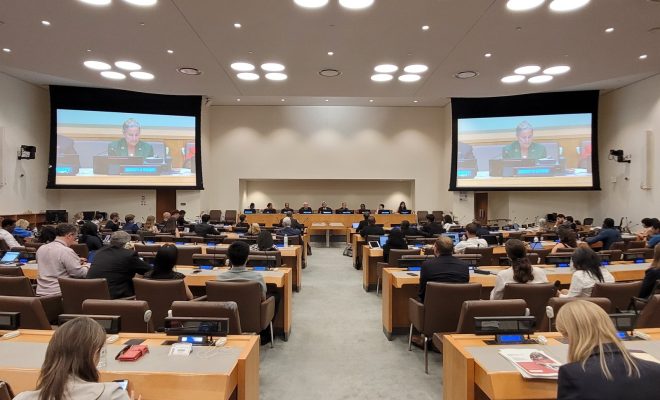
The Higher Education Sustainability Initiative (HESI) Global Forum 2024 is a pivotal event held in conjunction with the High-level Political Forum on Sustainable Development (HLPF). The annual forum, held in New York last July, serves to underscore the critical role of higher education institutions in achieving the United Nations’ 2030 Agenda for Sustainable Development.
Chaired by the UN Department of Economic and Social Affairs, UN University, UNESCO International Institute for Higher Education in Latin America and the Caribbean (IESALC), and the Sulitest Association, the HESI Global Forum 2024 called for urgent, decisive, and transformative actions to address the growing challenges worldwide. The Forum showcased inspiring initiatives from the UN system and HESI action groups, focusing on innovative solutions and the integration of emerging technologies like artificial intelligence (AI) in education.
Opening remarks
Lotta Tähtinen, Chief, Outreach and Partnerships, Division for Sustainable Development Goals, UN DESA, opened the session by introducing HESI and its advancements. She shared data from the SDG Progress Report, noting the global challenges faced by the international community but also hopeful progress. Calling for transformative action to contribute to sustainable higher education, Lotta Tähtinen, presented the importance of the multi-stakeholder commitment to achieve this.
Acknowledging the critical challenges the SDG are facing, Shen Xiaomeng, Vice-Rector in Europe and Director of United Nations University’s Institute for Environment and Human Security, stated that technology and Artificial Intelligence (AI) have the potential to be a transformative tool in sustainable higher education. She addressed the importance of inclusive access to AI, the ethical development of AI, and the need for research commitment. Shen Xiaomeng shared the new launch of HESI’s Action Group on Futures of Higher Education and AI to build a knowledge base on AI’s challenges and opportunities and to provide a balanced and informed perspective on this field.
In addition, Bosen Lily Liu, Head of Partnership and UN Liaison Unit, UNESCO IESALC, stated the clear gap in technological readiness between high-income countries and other income disparities. Although the last few years have been crucial in initiating to start discussions on AI, there is a need to enhance debates on AI regulations that address the specific challenges the world is experiencing through responsible, reliable, applicable, accessible, and sustainable AI integration in the future of higher education.
Moreover, the underrepresentation of women on the STEM field is alarming. Although systematic changes are taking place in some countries, gender equality must be a priority in all institutions to provide equal opportunities for all learners and educators. It is time to forge synergies and efforts to amend the future of education. In rethinking about higher education for a sustainable future, Hilary Beckles (Vice Chancellor of the University of the West Indies) supported the development of SDGs as they represent a lifeline for universities and an impetus for activism among educational institutions. He discussed the role of universities in creating ethical issues in society and called for knowledge mobilization to solve post-colonial problems. The University of the West Indies has developed an International School of Developemnt Justice, whose sole purpose is to build capacity on sustainability and the SDGs (Sustainable Development Goals) and to encourage universities to create valuable partnerships.
Government perspectives and networking
Brian Christopher Manley Wallace, Permanent Representative of Jamaica to the United Nations, emphasized the need for partnerships to address the challenges faced by small islands developing states like Jamaica. These challenges include limited resources, poor access to technology and the need for continuous development. He called for international support and condemned the impact of climate change on education, as education is “the tool we need to lift ourselves up”.
Stating the importance of SDG reform and financing, Abdulaziz Alwasil, Permanent Representative of Saudi Arabia to the United Nations, insisted on the need for global cooperation. Expanding on the theme, Alwasil suggested that universities have a crucial role to play in influencing local and global education policies that can contribute to sustainable development. He also stressed the value of digital technology, community engagement and private sector when transforming education. However, networking, as Alwasil expressed, is key to achieving this matter. He called for “more collaboration, coordination and partnerships” to advance the higher education sector and thus global development.
Join us in shaping the future
HESI urges higher education institutions, policymakers, students, and stakeholders to join the call for action. Together, we can mobilize knowledge, engage youth, and harness resources to achieve the SDGs and ensure a sustainable future for all.
For more information on the HESI Global Forum 2024, please visit https://sdgs.un.org/HESI/2024GlobalForum
Streaming
Media Contact: UNESCO IESALC
About HESI
The Higher Education Sustainability Initiative (HESI) is a partnership between several United Nations entities and the higher education community, aiming to mobilize higher education for sustainable development.
Related posts
RELATED ITEMS
